Domestic violence is a sensitive and emotional issue for all parties involved – the accused, the victim, and their family members. Family violence, according to statistics, makes up about 26% of violence cases throughout Canada. These incidents occur mostly in the home.
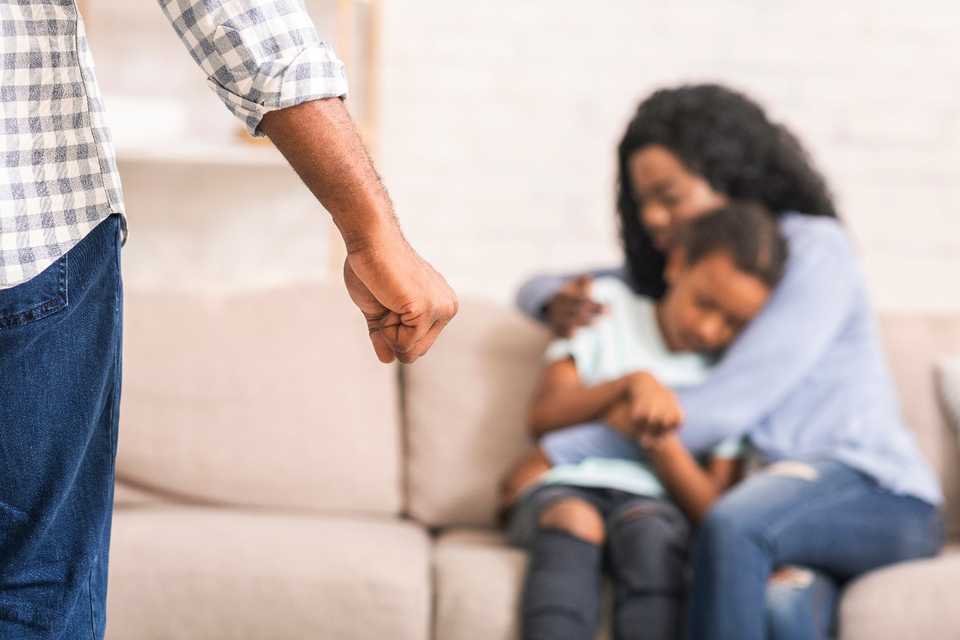
Canada has a legal system split between the federal and provincial governments . Thus, some variations across provinces, including Ontario, apply in criminal trials.
If you have been charged with domestic violence, find a criminal defence lawyer to protect your rights and defend your case.
Domestic violence in Ontario
We usually link domestic violence with couples living together but in Ontario, it has a broader coverage. Aside from domestic abuse at home, it also includes roommates, siblings, parents, or children affected by neglect or violence.
Domestic violence or abuse can also apply under the following circumstances:
- Endangerment or abuse of a member of your household
- Display of threatening behavior or language in the home
- Sexual abuse
- Psychological and emotional abuse of children, roommates, parents, or spouses.
- The exploitation of family members with money for their survival.
- Borrowing or stealing money from family members without repayment.
Assault on a household or family member is regarded as an aggravating circumstance during sentencing. This makes the potential penalties severe compared to simple assault offences.
Domestic Abuse across gender and status
Domestic abuse is not only about men beating up women although most people think that. In fact, domestic violence victims can be men or women, children, married, common-law, single, and straight, or LGBTQ+.
It affects people from all backgrounds, regardless of age, gender, or socioeconomic status.
While emotional or psychological abuse is harder to prove, they increase the possibility of violence in the home.
Prosecutors are less keen to withdraw charges for domestic violence which makes a criminal conviction more likely.
Mandatory Charging for Domestic Violence
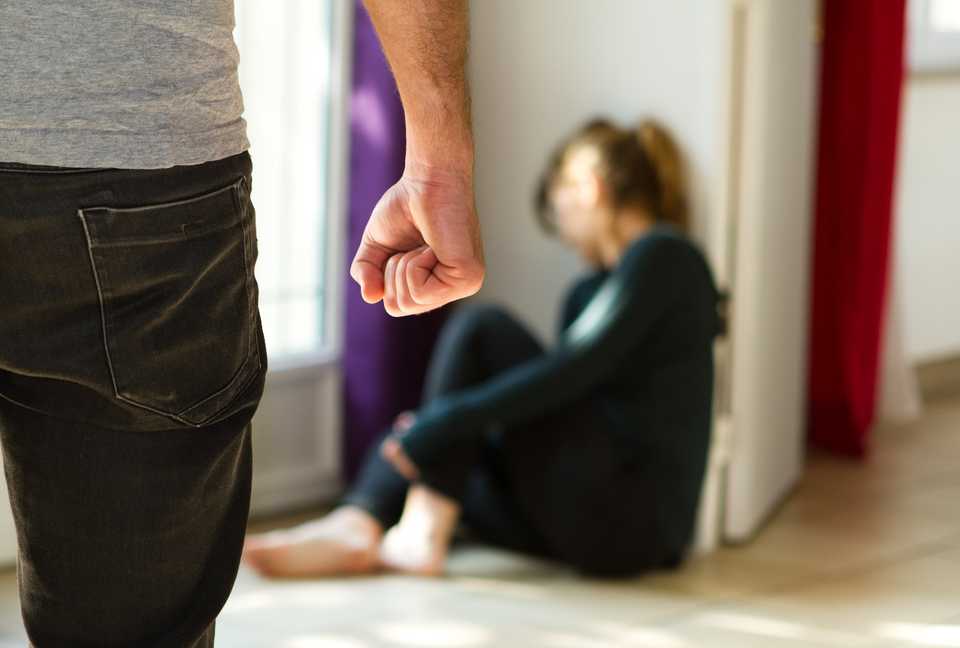
In Ontario, police officers have a mandate to charge persons in domestic violence cases if there are signs of abuse or violence.
When police officers arrive at the home, they need to separate the people involved and ensure that the children are safe. They gather proof and interview everyone to know what has occurred. They take into account any violence or abuse in the past and if a protection order is in place. They also take note of weapons, guns, or drug or alcohol abuse.
If there is evidence of abuse, the police must charge the aggressor responsible for the violence with domestic violence. The policy of mandatory charging can be dual, meaning both spouses can be charged criminally. This happens when it isn’t clear who the dominant aggressor is.
The 3-stage process for domestic violence

The Solicitor General of Ontario introduced the mandatory charging policy in 1994 as part of the Ontario Policing Standards Manual.
It outlines the policy for police officers to implement in 3 stages to fight the rise in domestic violence cases. These are the 3 stages:
- The police are required to charge all cases of domestic violence where there are indications that abuse or violence occurred. This is called the Mandatory Charging Policy.
- The Prosecuting Crown can only “withdraw” these criminal charges for domestic violence under “exceptional” circumstances. It is the police that determines when to charge an individual, not the victim, and only the Crown can decide to withdraw them. The victim cannot decide to drop the charges.
- The outcome of the case is expected to match the severity of the offence.
Penalties for Domestic Assault in Ontario
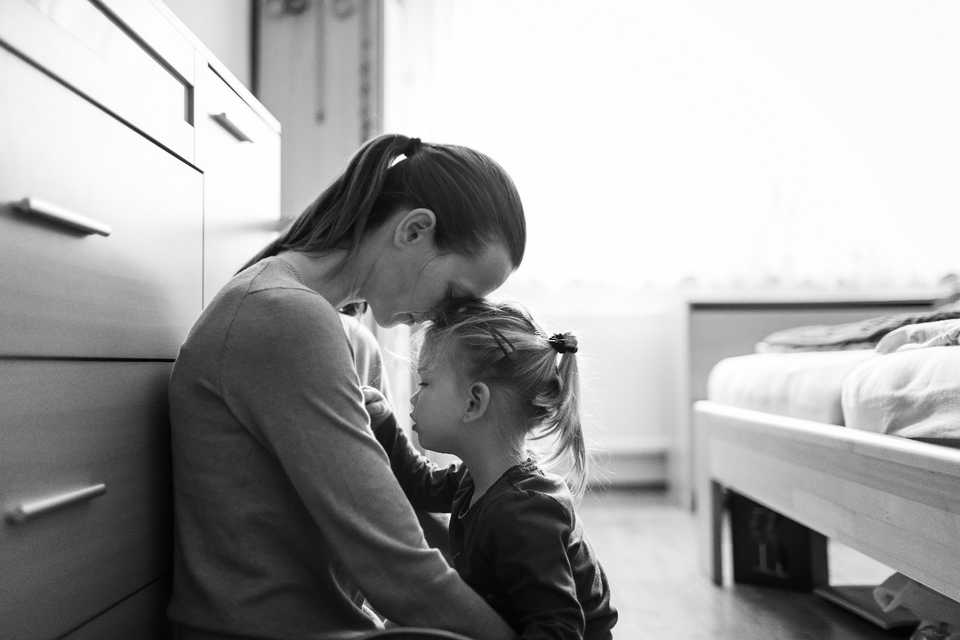
If convicted of domestic abuse in Ontario, the penalties will depend on the seriousness and circumstances of your offence. You will most likely be separated from your family, including your spouse or partner and children. You could also receive the following penalties:
- Imprisonment
- House arrest or custodial sentence
- A fine
- Restitution for the damages and suffering of the victims
- Probation (your behavior will be monitored by officials).
If the offence involves other types of abusive behavior like weapons, or injuries, you can receive a longer jail term.
A conviction could result in imprisonment of:
- Up to two years less one day if tried as a summary conviction (minor offences)
- Up to five years if the Crown tries by indictment (serious offences)
- Up to 10 years for sexual assault or assault causing bodily harm
- Up to 14 years for aggravated assault or if a child below 16 years of age was sexually assaulted
Penalties for Domestic Violence: First-Time Offenders

First-time offenders may not have to spend time in prison for minor assault . They could also avoid a criminal record, depending on the circumstances of the case.
For cases wherein you are found guilty but not required to serve time, you could receive the following:
**Discharge:**A defendant found guilty of assault can receive a minimum sentence of absolute or conditional discharge.
A conditional discharge means the person won’t get a criminal record for domestic assault after completing probation. An absolute discharge means the person will not get a criminal record for domestic assault.
Summary Conviction: The Prosecutor can choose to proceed summarily. It usually results in a lower sentence and lower maximum penalties compared to a trial by indictment. If the judge believes the offence does not warrant jail time, you may be penalized with a fine of $5,000 or pay restitution to the victim/s for medical bills or property damage.
Suspended Sentence: A judge can convict and put you on probation. During this time, you will be released and can continue with your life as long as you meet your probation’s conditions. After completing probation, you will not be required to go to jail unless you violate your probation.
Conditional Sentence: If convicted of domestic assault that does not require a minimum jail time but the judge imposed 2 years imprisonment or less, you can be placed on house arrest to serve your sentence.
Similar to probation, you must comply with the conditions of your sentence which includes supervision of your activities and behavior. You may be able to shop for your needs once a week and leave your home for work.
What happens after you are charged with Domestic Violence?
Have you been charged with domestic assault? In domestic violence cases, the police can decide to arrest you and put you in jail. A judge can release you until your case comes before the court unless you have a previous criminal record.
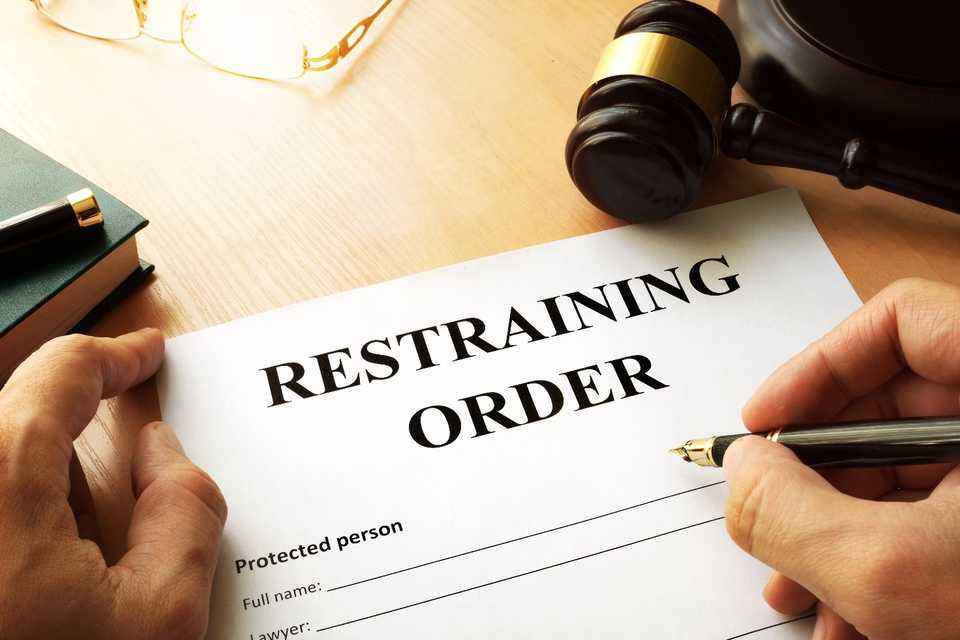
You could be asked to stay away from the family home and not contact your spouse.
This no-contact order includes in-person. Email. Text, or phone calls. You can also be told not to communicate with your children. If you are issued a no-contact order, you can be charged with additional offences if you breach it.
Diversion of Domestic Assault Charges
If you hire a criminal defence lawyer, he can try to get your charges diverted if you agree to get counselling privately or through the Partner Assault Response program (PAR).
You may be able to go home after you enroll in the program if your spouse agrees. Depending on the seriousness of the charges, they can be withdrawn after you complete counselling. You may also be required to enter a guilty plea to avoid a criminal conviction.
Conviction for Domestic Assault
If you are found guilty of domestic assault, the court could give a harsh penalty for violence against a family member.
For first-time offenders, and when no serious injury was caused, the judge could decide on a probation order with conditions such as counselling and no alcohol consumption. If serious injury was inflicted, a jail sentence could be imposed.
The victim can also obtain a restraining order to prevent you from going near the family home.
The penalties for domestic assault vary according to the circumstances. If you have been charged with domestic violence, you must contact a criminal defence lawyer as soon as possible.
Connect with the best criminal lawyers near you by filling out the short online form on this page.
Domestic Violence Court Program in Ontario
Domestic Violence Court is a special program in Ontario that handles domestic violence cases. It aims to make the prosecution of domestic assault cases simpler, increase the responsibility of offenders, and provide support to the victims.
Domestic violence cases are tried separately from other criminal cases and are handled by judges familiar with the issues of domestic abuse.

The program also includes the Partner Assault Response program (PAR) whichoffers counselling services to offenders released on probation.
The Duty Counsel are lawyers who assist people who appear in court without a lawyer or don’t have the means to hire a lawyer.
The Victim / Witness Assistance Program staff (VWAP) provides support to victims and witnesses after charges against an offender have been made.
Getting Charges for Domestic Violence Dropped
Getting charges for domestic violence dropped is the most common outcome that individuals seeking a lawyer want. This is particularly true for first-time offenders who have no experience with the criminal justice system. This is also the case when the original complainant does not support the charges or wants a reconciliation.
Unfortunately, no guarantee can be given in Ontario for domestic violence cases .
Every case is unique – the facts of the case, the prosecutor, the client, and the judge. As mentioned earlier, the discretion on domestic violence cases in Ontario lies with the criminal justice system – the police and the court.
The best thing you can do when charged with domestic violence is to hire an experienced criminal defence lawyer. He will evaluate the evidence against you and formulate the right defence strategy.
As disclosures about the case roll in, your lawyer will use the most effective approaches to get the charges dropped or the penalties reduced.
What exactly do domestic violence lawyers do for their clients?

A domestic violence lawyer can help their clients in many ways, even before the first court date appearance. Below are just some of them.
- Reduce your anxiety by answering your questions related to your case and situation;
- Identify and protect important evidence in your possession.
- Facilitate the process of obtaining and reviewing your disclosure to speed up the process.
- Spare you from attending your court appearances, including your first court appearance.
- Suggest measures to help resolve your case such as counselling
- Work on your bail terms such as access to children
- Come up with the best approach and strategy to get charges dropped or withdrawn in court, penalties reduced, etc.
As you can see, hiring a domestic violence lawyer from the start will significantly ease your anxiety and stress and give you the best hope for a positive outcome.
Domestic Violence Lawyers as Legal Advocates
Domestic violence lawyers serve as zealous advocates for their clients, ensuring their rights are protected throughout the legal proceedings.
They provide guidance and support, helping victims understand their options and make informed decisions. Lawyers can also represent victims in family court, criminal court, or during negotiations for settlements or custody arrangements.
If you need a domestic violence lawyer to represent you, allow us to connect you with the best lawyers near you using our free online form!
Are domestic violence lawyers only for the accused?
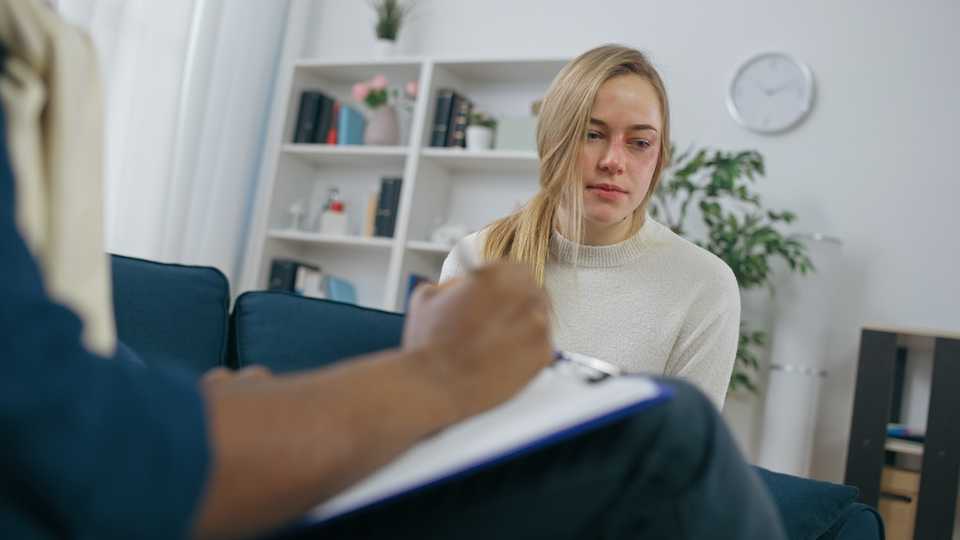
Domestic violence lawyers in Ontario are vital allies for the accused who will need expert legal representation thought this difficult period.
But they are also allies of the victims of domestic abuse, providing legal expertise, essential support, and advocacy. Their role extends beyond the courtroom, encompassing empathy and emotional guidance for survivors.
By seeking their assistance, both the accused and victims can navigate the legal system with confidence , knowing they are not alone on their path toward justice and healing.
FAQS about Family Violence in Ontario

Each family member in a domestic violence situation undergoes a stressful and emotionally charged experience that could span years of abuse.
Healing and recovery can also take a long time. During this period, both the victims and the offenders must take the necessary steps to protect their rights.
You can find below important questions commonly asked in domestic violence situations.
What is family violence or domestic violence?
Domestic or family violence is the threatening or controlling behavior of a family member towards another. This behaviour causes fear for their safety and physical danger. It also includes the indirect or direct exposure of children to this behavior.
Examples of domestic violence include physical assault, abusive language, economic or financial abuse, sexual abuse, threats, and damage to property.
How can I get help if I am a victim of domestic violence?
If you or someone you know is a victim of family violence, contact the Ontario crisis line (2-1-1) or the women’s hotline Toll-free: 1-866-863-0511. You can also call the police immediately if you are under threat or experiencing abuse of any type.
Why should you contact a lawyer for domestic violence?
If you are charged with domestic violence, you need a criminal lawyer to help protect your rights and possibly avoid jail time and a criminal record.
If you are a victim, you can talk to a lawyer to protect you and your children. Your lawyer can help you get a restraining order, start a case in family court, or get other protection orders for your family.
Why was I charged with domestic violence?
Many people in Ontario get caught by surprise when charged with domestic violence. This is because they don’t know that in Ontario, the police has a mandate to charge any person when an accusation of family violence is made. Even if the complainant decides to withdraw the complaint, it cannot be undone. The decision to lay charges is solely in the hands of the police.
Do I need a domestic violence lawyer for my case?
Getting a domestic violence lawyer is the most critical decision that a resident of Ontario must do when charged with domestic violence. He can speed up the process and guide you. Your lawyer is your best chance of obtaining the lowest penalty or avoiding a criminal record or jail time.
What happens when the police arrive at a scene of domestic violence?
When the police arrive due to a domestic dispute or domestic violence complaint, the police will lay charges against the abuser. The police can make an arrest if they believe there are grounds to do so. The person who made the complaint or called the police does not have to support the case such as if changes her mind later on. The police have a mandate to lay charges in domestic violence cases.
How long does it take to resolve a domestic violence case?
After a person is charged, the accused will be given certain restrictions such as a no-contact order. He can be released from jail while waiting for his trial. The majority of domestic violence cases exceed the first court appearance. Minor cases, with the help of a good lawyer, can take 1-4 months after the first appearance. For more serious cases, it could take more than a year.
Are domestic violence charges considered criminal charges?
A lot of people don’t know that domestic violence charges are criminal charges. By its definition, the person charged risks jail time and a criminal record.
How much does a domestic violence lawyer charge for legal fees?
Lawyers don’t have a set legal fee as the needs of each client vary. Normally, they will assess the time it takes to resolve your case after the first initial consultation.
Most lawyers in Ontario will quote a flat or block fee for your legal services. This will depend on the complexity of your case. You can expect to pay anywhere from $5,000 to $50,000 for a criminal defence lawyer. The best thing to do is to compare lawyers near you using our short online form , free of charge.
Find a domestic violence lawyer to represent you
We have stressed the importance of hiring a domestic violence lawyer at the soonest possible time.
For many people, the cost is a primary concern. We urge you, however, to consider carefully what you stand to lose from being charged with domestic violence.

There are many collateral consequences to a domestic violence charge – restrictions on your activities, travel, jail time, fines, and your ability to practice certain professions or seek employment.
Now is not the time to try to save money by going with the cheapest lawyer you can find . You need a criminal defence lawyer with a solid track record for defending similar cases and the skills to get you the best possible outcome.
Compare criminal defense lawyers in the JuriGo network of over 800 lawyers to find the best one to represent you!
Fill out the form below, free of charge, and connect with a skilled domestic violence lawyer
today for your peace of mind.